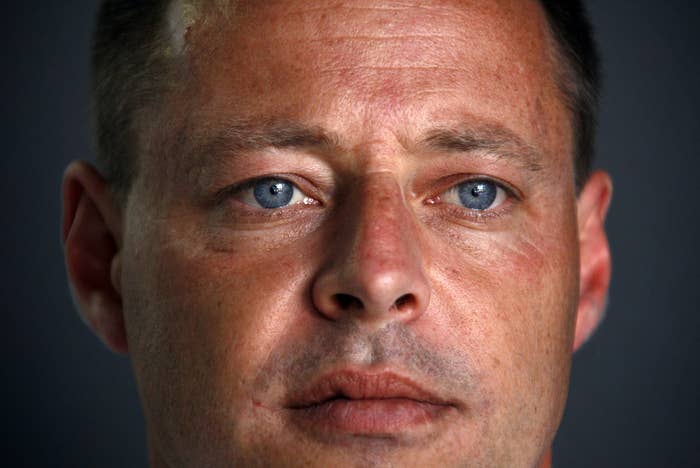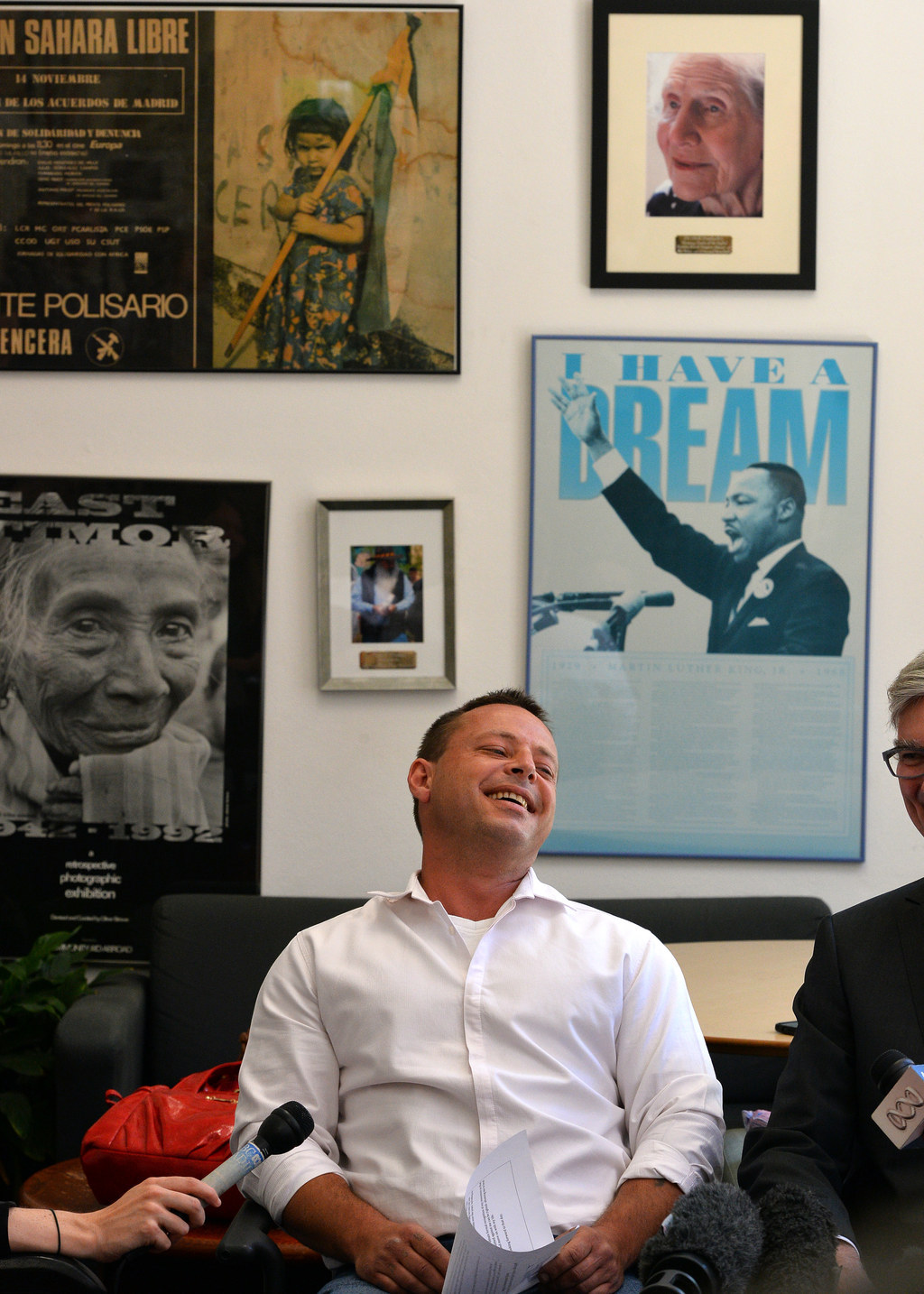
A U.S. military court on Wednesday overturned the terrorism conviction of David Hicks, an Australian man who spent more than five years imprisoned at the Guantanamo Bay detention facility.
Hicks pleaded guilty in 2007 to providing material support to terrorism, but his lawyers say he only did so under duress and as a part of a plea deal that saw him return to Australia to serve out the remainder of his sentence. He was subsequently released from prison in December 2007.
Hicks appealed his conviction in November 2013, arguing his decision to initially waive his right of appeal was legally invalid because it was not filed in the requisite 10-day period.
All the judges on the U.S. Court of Military Commission Review agreed with Hicks' case.
"There is insufficient indication ... that the appellant reiterated his desire not to appeal within 10 days," Deputy Chief Judge Scott Silliman wrote in the commission's judgment. "Thus we hold that the waiver is invalid and unenforceable."
"Both parties agree that the appellant's conviction cannot stand on its merits," Silliman wrote. "The findings of guilty are set aside and dismissed, and appellant's
sentence is vacated."

According to his Department of Defense file, Hicks traveled to Kosovo to serve alongside the Kosovo Liberation Army, a paramilitary group, in the late 1990s.
In 1999, Hicks traveled to Pakistan, where the Defense of Department says he joined the separatist group Lashkar-e-Tayyiba, a group classified as a terrorist organization by the U.S. government.
Hicks is said to have received combat training before traveling to Afghanistan in December 2000 to train with al-Qaeda. He was captured later that month by Northern Alliance national soldiers in Bagram before being turned over to U.S. forces.
He was transferred to Guantanamo Bay on Jan. 11, 2002, where the Pentagon noted he was "highly influential" among the detainees, many of whom held Hicks in "high regard."

Hicks' lawyer in Australia, Stephen Curry, told the Australian Broadcasting Corporation that the court's decision "formally recorded" his client's innocence.
"It means David Hicks' conviction has been set aside and he's been declared an innocent man, so it confirms what we knew all along," Curry said. "He's an innocent man and, quite frankly, he should never have been in Guantanamo, and should certainly never have been there as long as he was."
Hicks' father, Terry, said his son would be "elated" with the news.
"It's been a long time – we've known the story for many, many years," he told the ABC. "And now, at last the Americans have done the right thing."
The U.S. government has not indicated whether it will appeal the military court's decision. However, human rights groups applauded the ruling.
"Today's unanimous ruling is just one more piece of evidence showing that the inefficient, unnecessary military commission system at Guantanamo Bay is ill-equipped to handle terrorism cases," said Daphne Eviatar with Human Rights First. "There is no doubt that Hicks could have been tried in federal court on terrorism-related charges."
The group noted Hicks was one of just eight people convicted by a military commission since 9/11.
"As of today, half of those convictions have been overturned on appeal," the group said in a statement.
